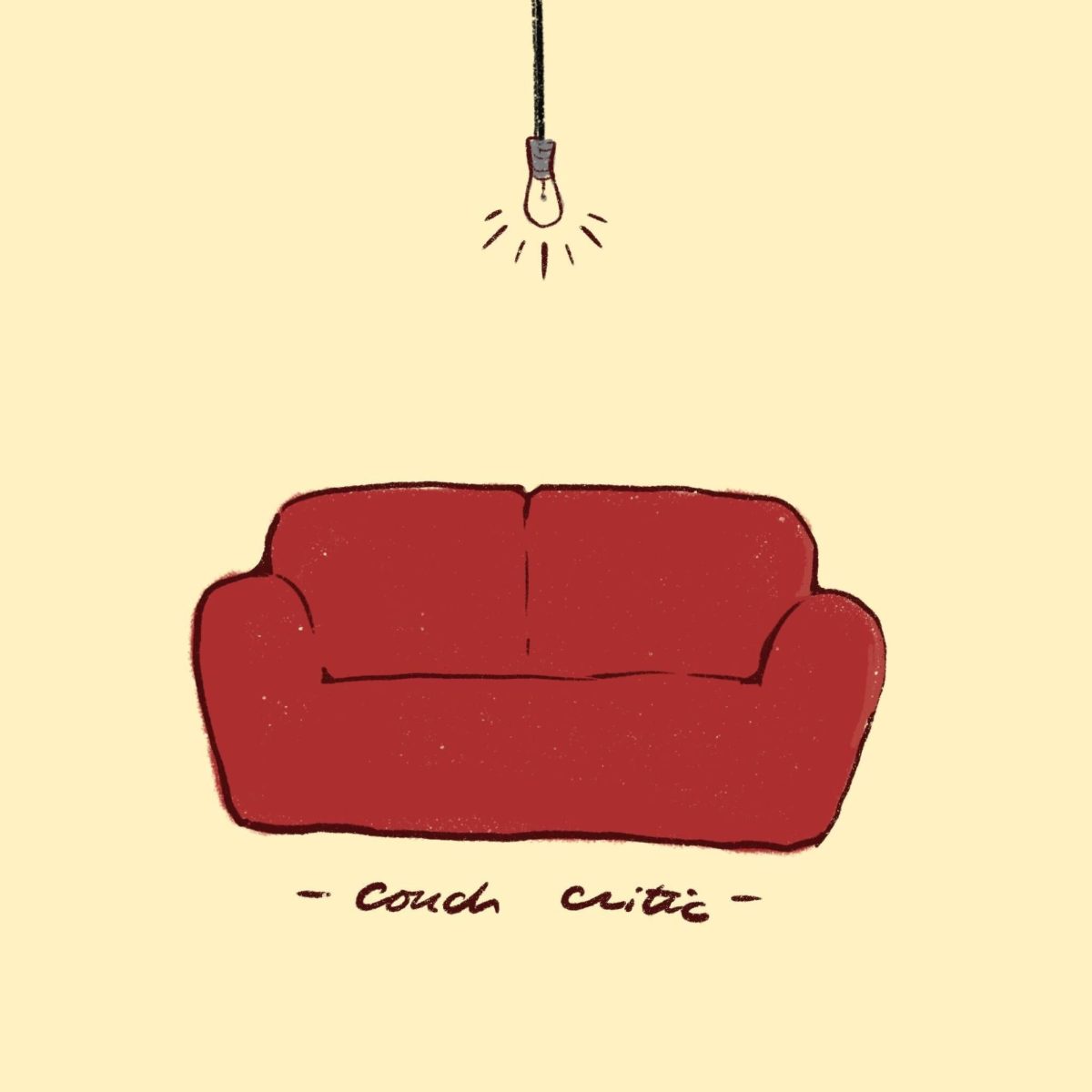Coralie Fargaet’s 2024 body horror film “The Substance” ignited ample Oscar buzz, ageism discourse and numerous walkouts due to its grotesqueness. By its very nature, “The Substance” is a divisive work — is it feminist? Is it exploitative? Is it shallow? Perhaps it’s a provocative mixture of “all of the above.” But one thing “The Substance” is indubitably not is a subtle film.
Fargeat’s approach is bold and visceral as she dives headfirst into uncomfortable and, at times, repulsive territory. While she clearly aims to elicit both an emotional and physical response from her audience, I can’t help but question if such provocative imagery and unflinching conversations detract from the film’s overall storytelling quality.
“The Substance” tackles Hollywood’s rampant ageism and its dangerous obsession with unattainable beauty standards. Pushing cosmetic procedures to extreme, horrifying lengths, the film uses intense body horror to vividly illustrate the physical repercussions of society’s relentless demands for youthful perfection. To remain relevant in a visually driven world is to disfigure every fragment of who you are, no matter the physical or mental toll.
While I thought I’d enjoy “The Substance” more, it ultimately proved to be a perfectly fine movie. The ending lingers far too long for my taste, dragging its conclusion for almost 30 minutes. The science-fiction element is frustratingly unclear, which feels ironic and somewhat mismatched for a film that’s otherwise so unabashedly direct in its thematic statements. That being said, the film’s bold style and originality are undeniable — qualities I will always respect. Not to mention, Demi Moore delivers an incredibly brave performance, contorting her face and body with unflinching abandon, making her Oscar nomination well-deserved.
While the film’s uniquely overt expressionism is certainly respectable, it is a bit of a double-edged sword for me. Yes, having the beauty-obsessed protagonists transform into grotesquely unrecognizable, fleshy monsters makes Fargeat’s thesis abundantly clear. But the film’s distinct aversion to subtext can at times feel, for lack of a technical term, like it dumbing itself down for the audience. In what I assume is an effort to ensure no one misses the point, the film sacrifices the nuance, leaving the message almost a little too blunt to fully resonate.
In what is perhaps the most flagrant example of over-explaining, there is a scene where one character is revealed to be the clone of another. Initially, this revelation is illustrated by the shared birthmark, an already heavy-handed but effective clue that ties the two characters together. But as if that wasn’t clear enough, the film then cuts to a flashback, explicitly stating that the character is, in fact, a clone. To top it off, we get an exaggerated reaction from the protagonist and a knowing, conniving look from the clone, all while the intensity of the scene completely deflates as I think, “Does this movie think I’m stupid?” While I understand the necessity for the film’s over-the-top imagery, I find it hard to justify such brass “telling, not showing.”
It’s not just in scenes but also in the characters. The film’s sleazy, misogynist producer who preys on young women is named “Harvey,” a choice that many speculate is an unmistakably on-the-nose reference to Harvey Weinstein. Assuming my and many others’ speculation is accurate, this thinly veiled allusion further emphasizes the film’s tendency to hit the audience over the head with its themes.
I can’t help but feel that scenes like these act more like a crutch than a creative choice. Especially when compared to the film’s strongest moment — the protagonist, Elisabeth, preparing for a date.
In this brief, wordless scene, Moore’s Elisabeth repeatedly applies makeup, adjusts her hair and obsesses over her appearance, almost walking out the door several times before succumbing to a complete breakdown. There is no dialogue or flashbacks needed to convey the weight of her internal struggle. This scene is the much-needed reprieve in the film, standing out as a rare moment where Fargeat’s themes exist with genuine nuance. It’s precisely this quiet depth that makes it the best scene of the movie, and we were robbed of more moments like it.
Coralie Fargeat’s intention was to make a campy commentary on the beauty industry, and I don’t know if any critic would argue against her success in that regard. Still, the film’s relentless boldness and occasional over-explanation leaves me wanting more of less. “The Substance” is a visually arresting piece, but its audacious absence of subtlety undermines the film’s potential for deeper resonance.


